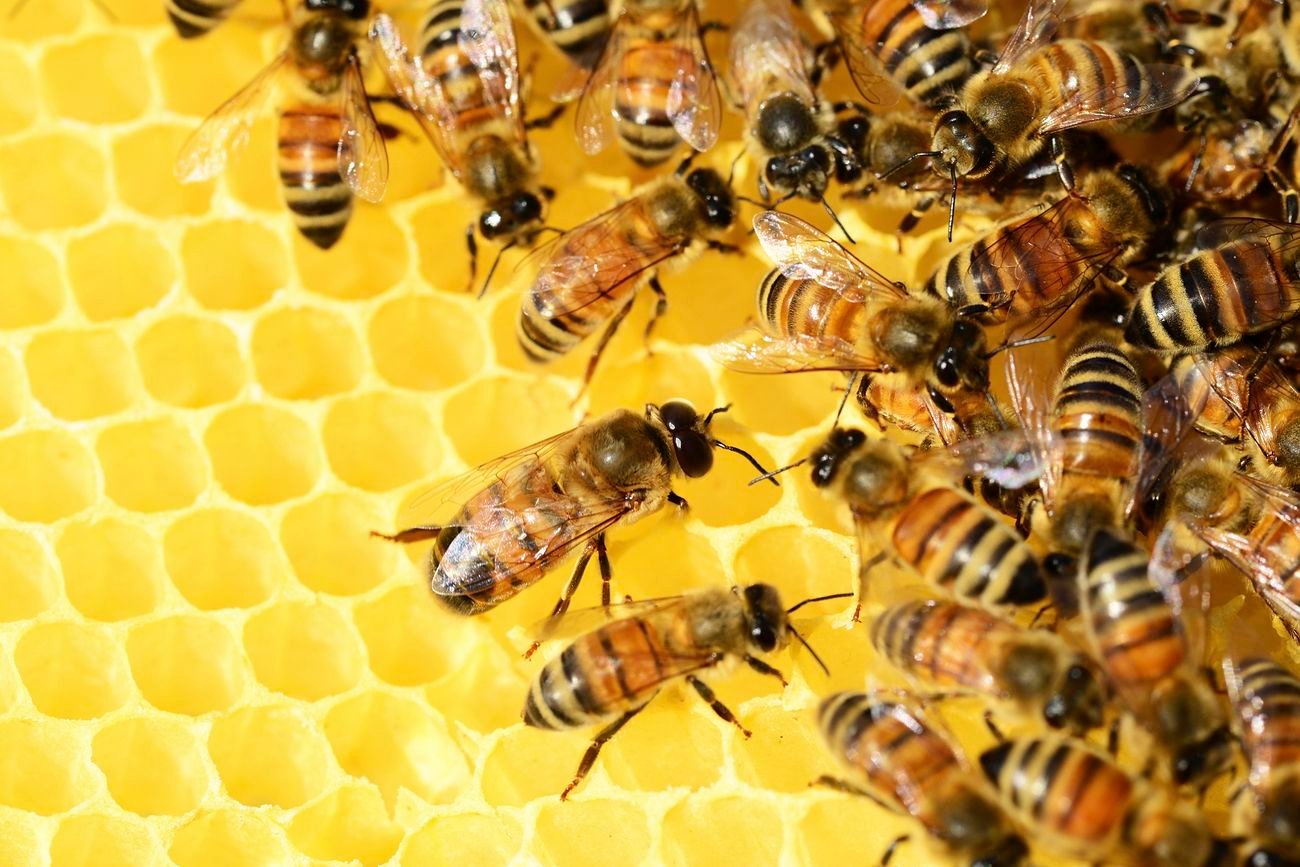
The Importance of Native Bee Conservation
Native bees play a vital role in our ecosystem, serving as pollinators for countless plants, including crops that sustain our food supply. Their conservation is crucial for maintaining biodiversity and ensuring the continuation of healthy ecosystems for future generations.
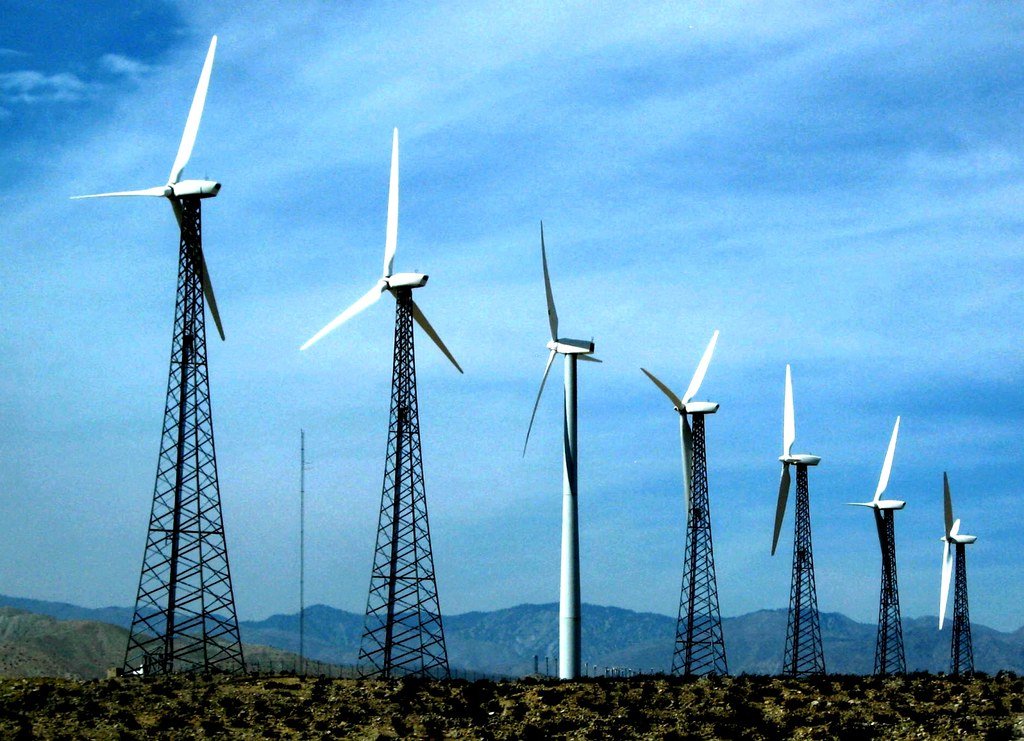
How to Use Wind Energy for Your Beekeeping Operations
Harness the power of nature's gentle breeze to fuel your beekeeping operations. Learn how to utilize wind energy to generate electricity for your hives and make your apiary more sustainable and eco-friendly.
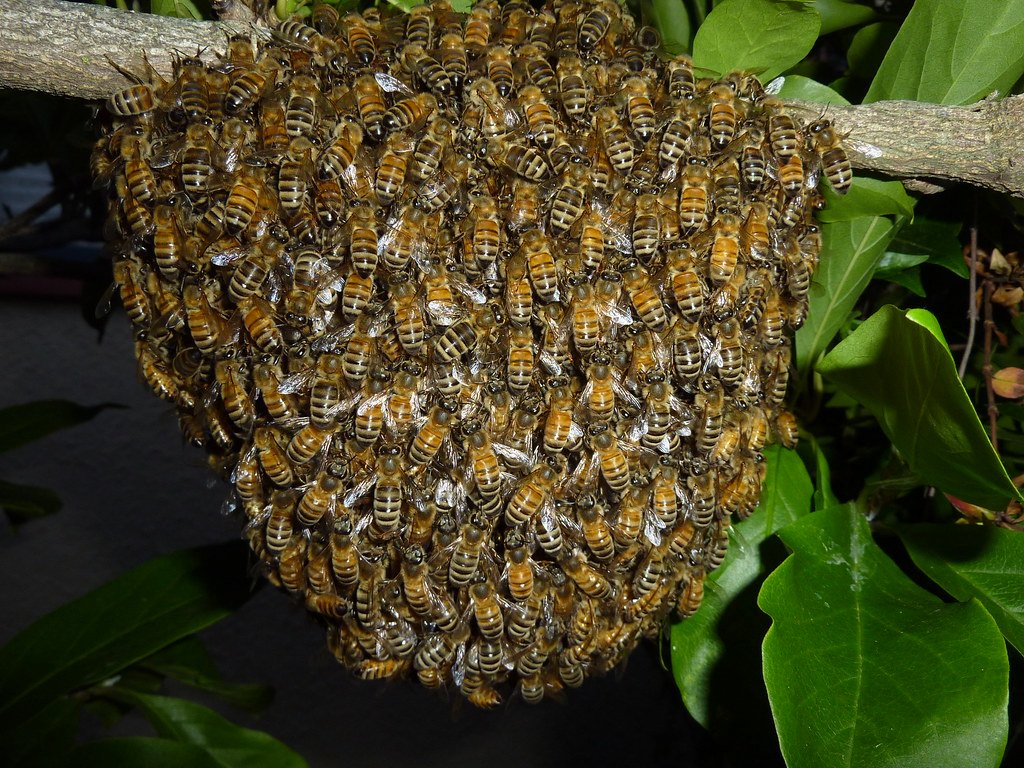
The Role of Bees in Biodiversity: What You Need to Know
Bees may seem like just a small buzzing annoyance, but they play a crucial role in our planet's biodiversity. As pollinators, they are responsible for the reproduction of countless flowering plants, ensuring the survival of not only these species but also the diverse ecosystems that rely on them. From colorful gardens to thriving forests, bees are the unsung heroes of the natural world.

How to Use Natural Fibers for Your Beekeeping Gear
As a beekeeper, opting for natural fiber gear not only benefits the environment but also enhances your beekeeping experience. From breathable cotton suits to sturdy hemp gloves, discover how to incorporate natural fibers into your beekeeping routine for a more sustainable approach to this buzzing hobby.
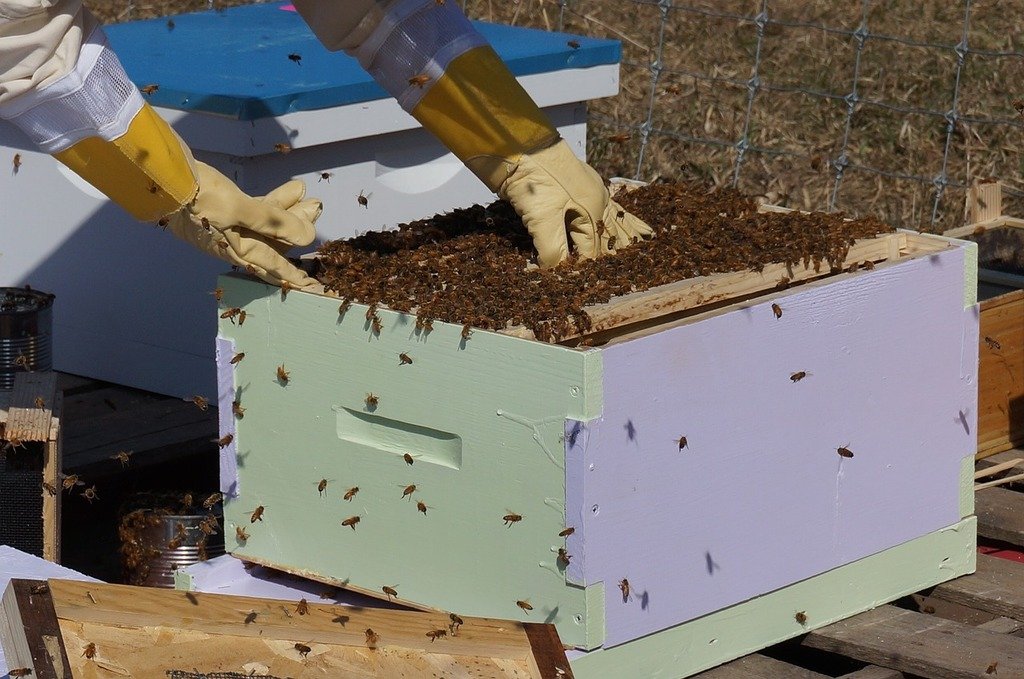
How to Make Your Beekeeping Inspections Less Invasive
As the sun filtered through the trees, the beekeeper donned their veil and gloves, ready to embark on another inspection. But what if there was a way to conduct these inspections with a lighter touch, stepping delicately into the delicate world of the bees without disturbing their intricate dance? Discover how to make your beekeeping inspections less invasive, forming a symbiotic relationship with your buzzing companions.
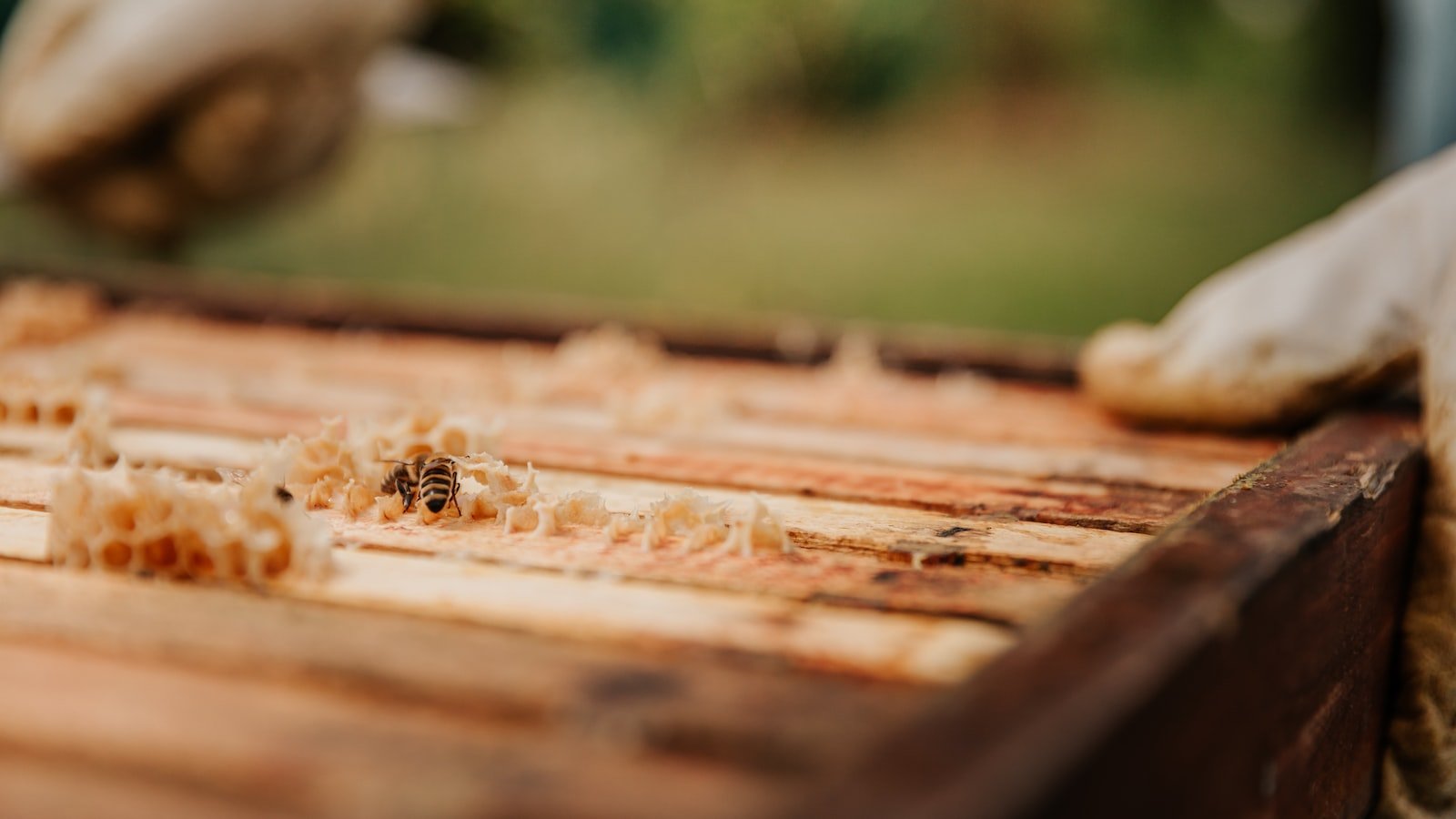
How to Make Your Beekeeping Packaging Eco-Friendly
Beekeeping is a delightful and essential practice, but it's important to make conscious choices when it comes to packaging. From using recyclable materials to opting for biodegradable options, taking steps to make your beekeeping packaging eco-friendly can help sustain both the bees and the environment.
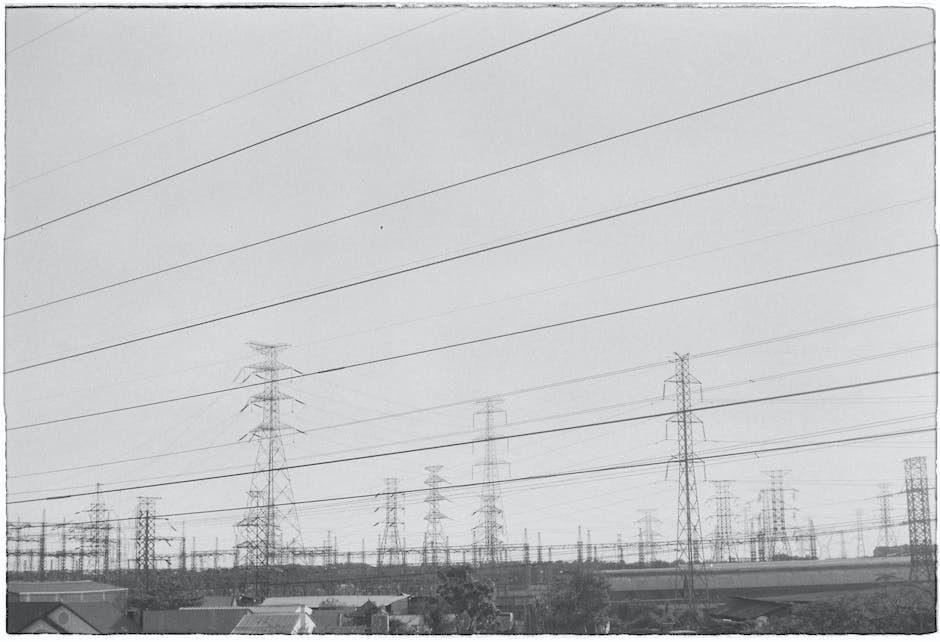
How to Use Hydro Power for Your Beekeeping Operations
Harness the energy of flowing water to power your beekeeping operations with hydro power. Utilize small-scale hydropower systems to generate electricity, resulting in a sustainable and cost-effective solution for your buzzing business.
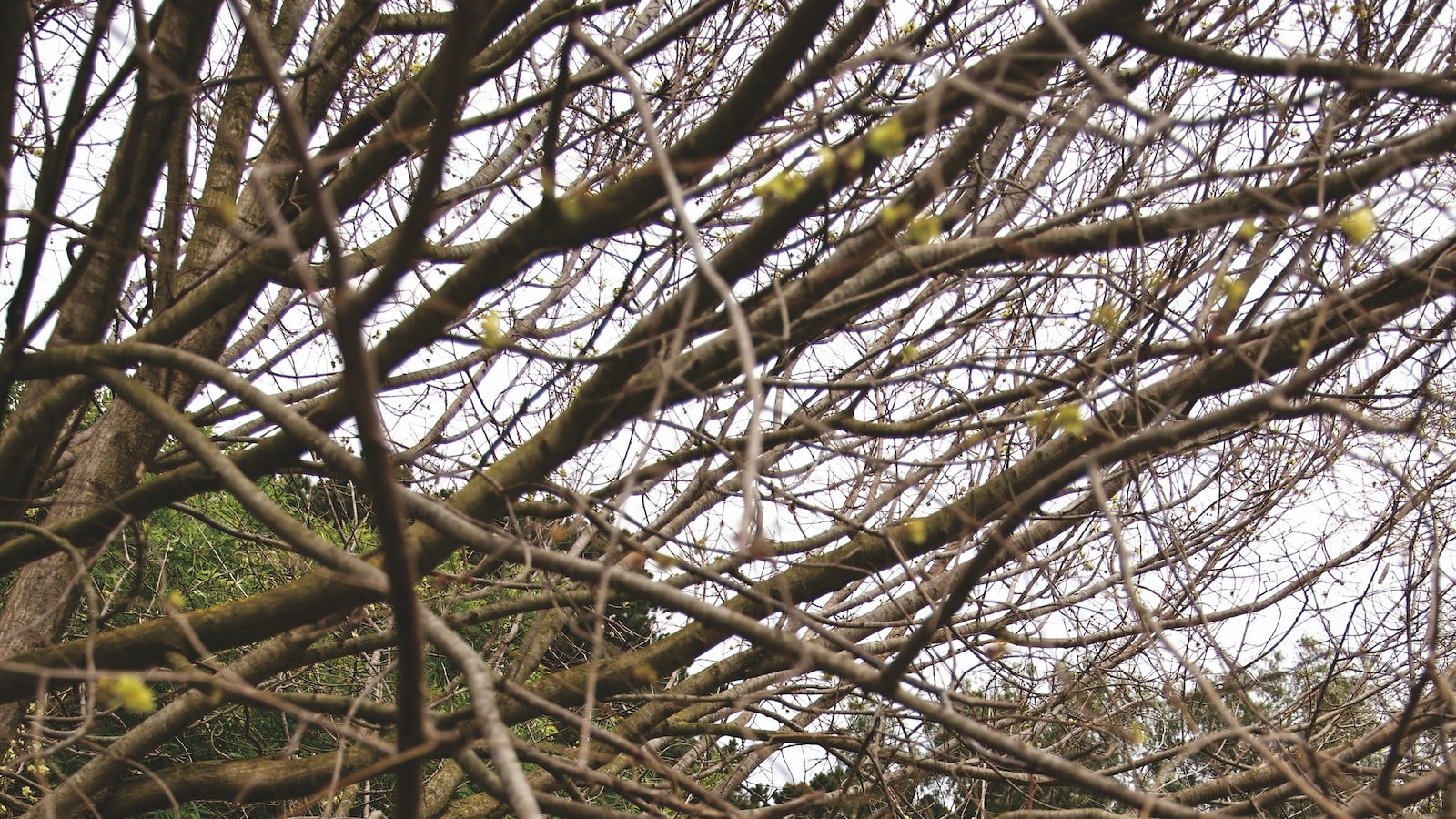
How to Reduce Your Beekeeping Carbon Footprint
As beekeepers, we have a responsibility to protect the planet while caring for our bees. By implementing sustainable practices like using renewable materials for hives, reducing transportation emissions, and planting pollinator-friendly flowers, we can significantly reduce our beekeeping carbon footprint and contribute to the conservation of these vital insects.
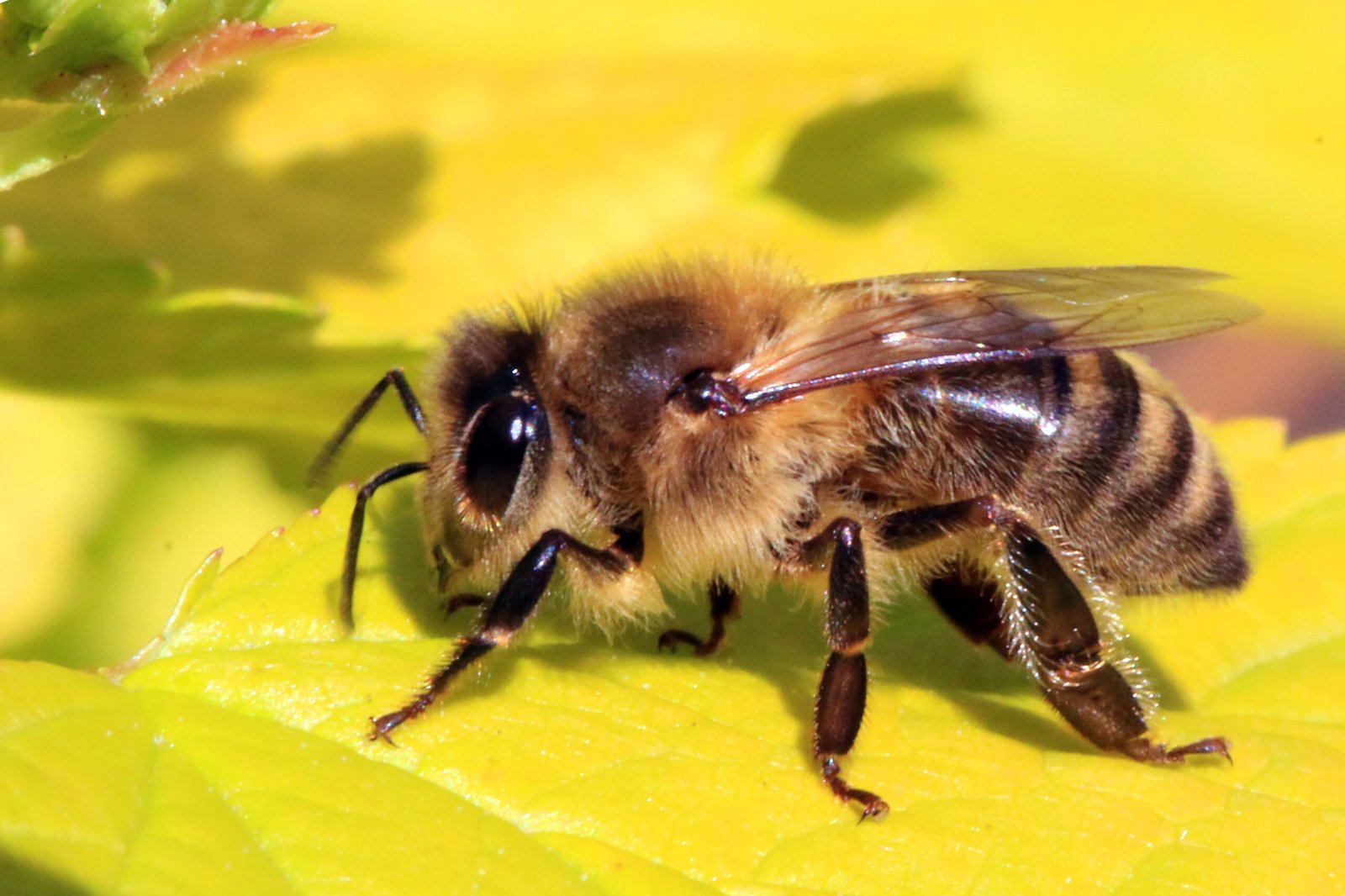
The Role of Bees in Air Quality Improvement
Bees, tiny but mighty creatures, play an essential role in the improvement of air quality. As they buzz from flower to flower, they aid in the pollination process, which allows plants to grow and produce oxygen. Without bees, the world would be deprived of not only its delectable fruits and vibrant flowers, but also clean and fresh air.
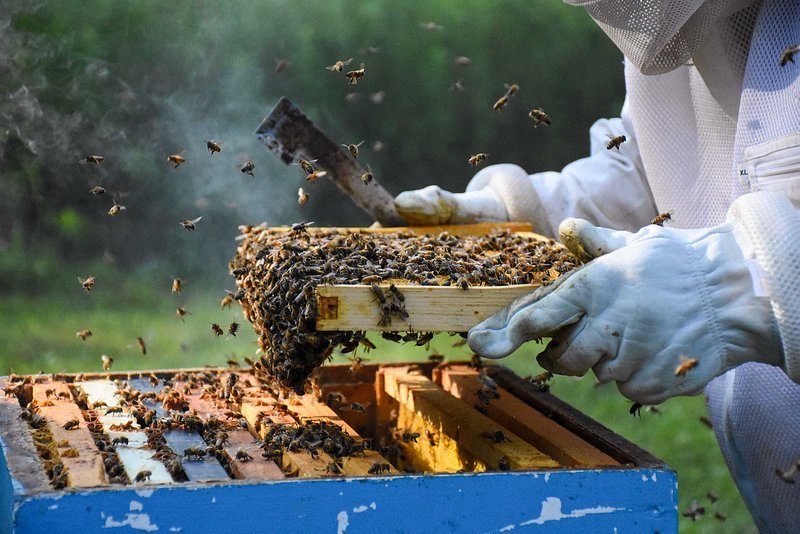
The Importance of Seasonal Beekeeping for Sustainability
With each changing season, bees undergo different hive activities, making it crucial for beekeepers to adapt their management practices accordingly. By understanding and practicing seasonal beekeeping techniques, we can support healthy bee populations, enhance pollination, and promote a sustainable environment for future generations.
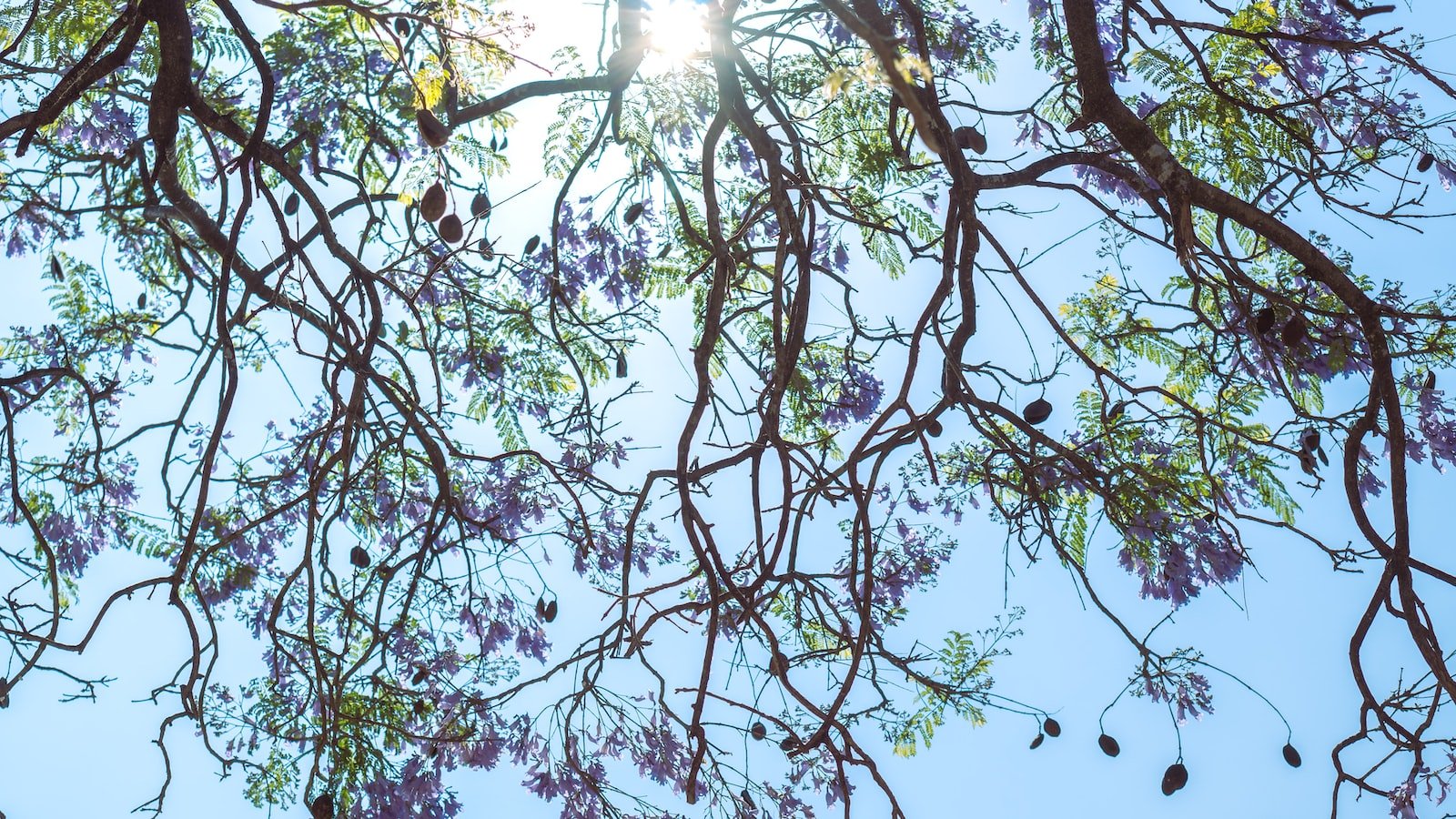
The Importance of Habitat Restoration for Urban Bees
In the concrete jungles we call cities, urban bees are facing a dire challenge: the loss of their natural habitat. However, habitat restoration projects hold the key to preserving and promoting urban bee populations, playing a crucial role in maintaining ecological balance and securing our own food security.
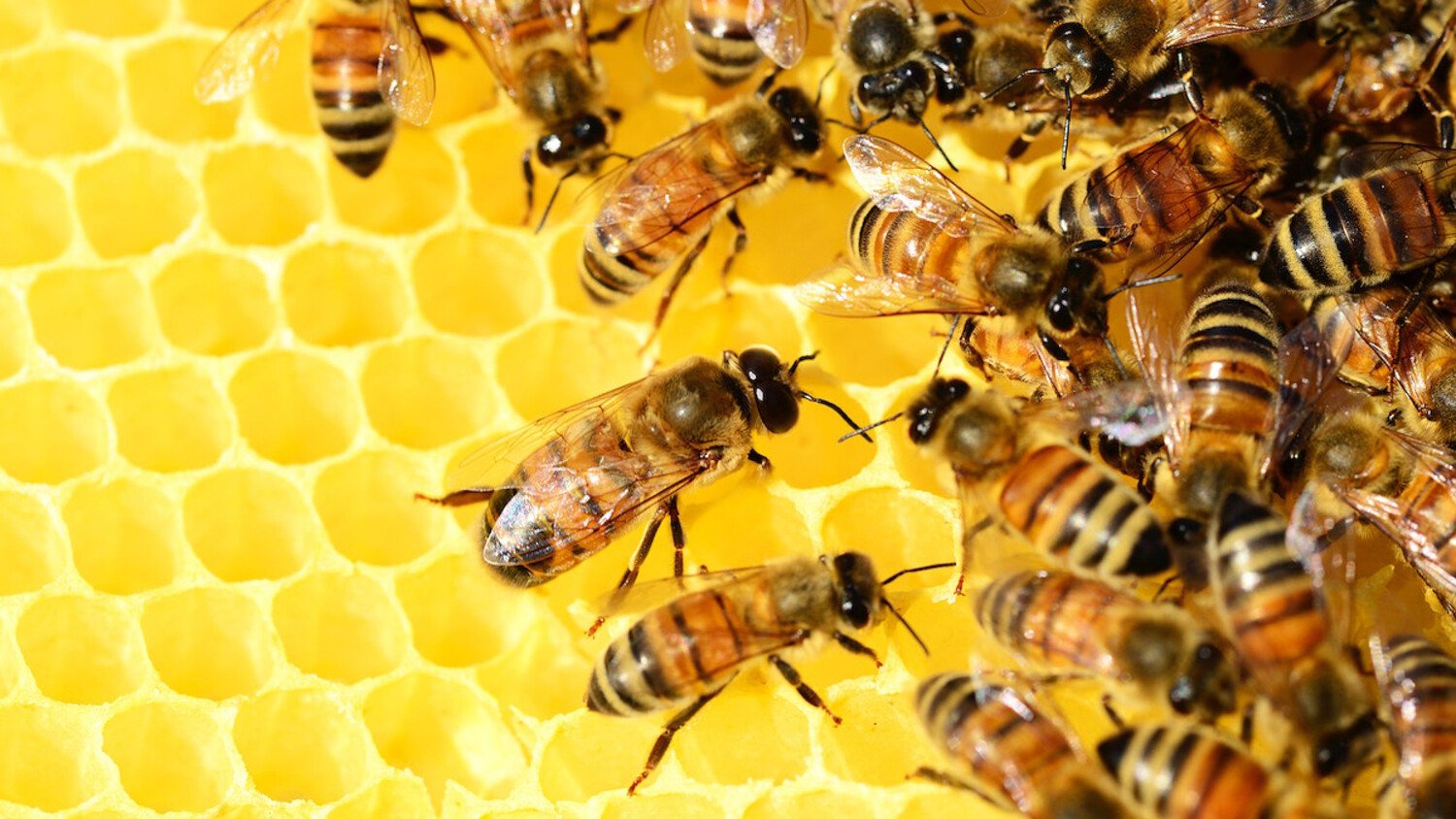
The Role of Bees in Sustainable Fisheries
As pollinators, bees play a crucial, albeit indirect, role in sustaining fisheries. By helping plants reproduce and thrive, bees ensure a diverse and healthy ecosystem for aquatic life. This intricate connection showcases the often unnoticed impact bees have on our oceans and the need to protect their populations for the sake of sustainable fisheries.